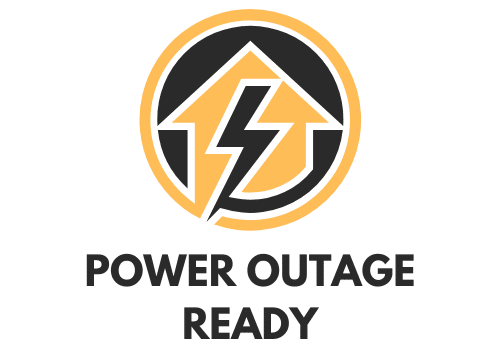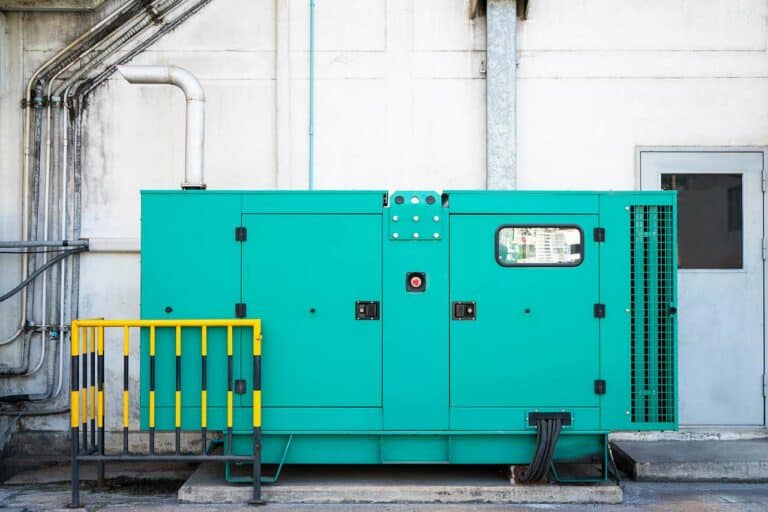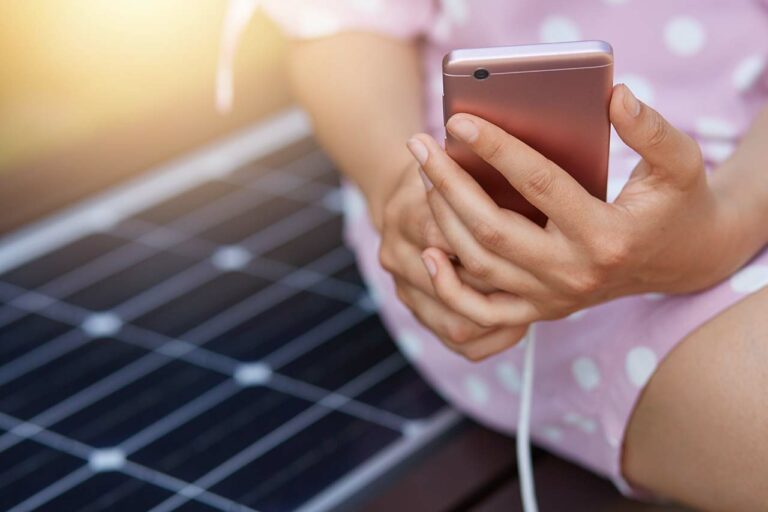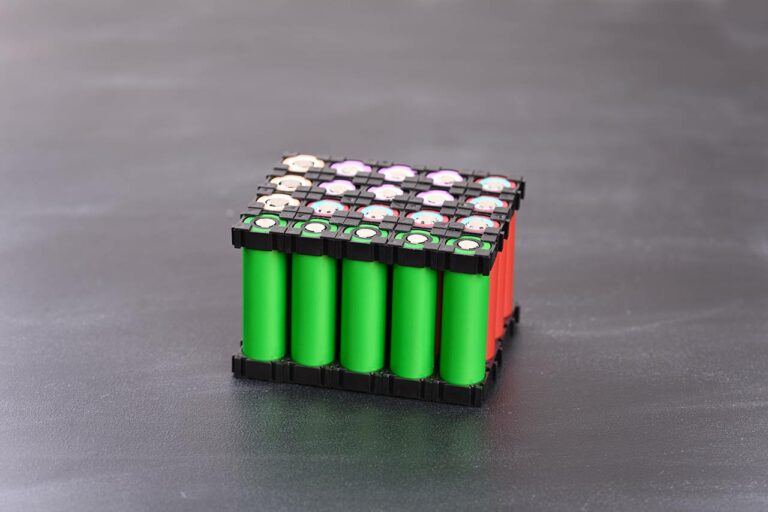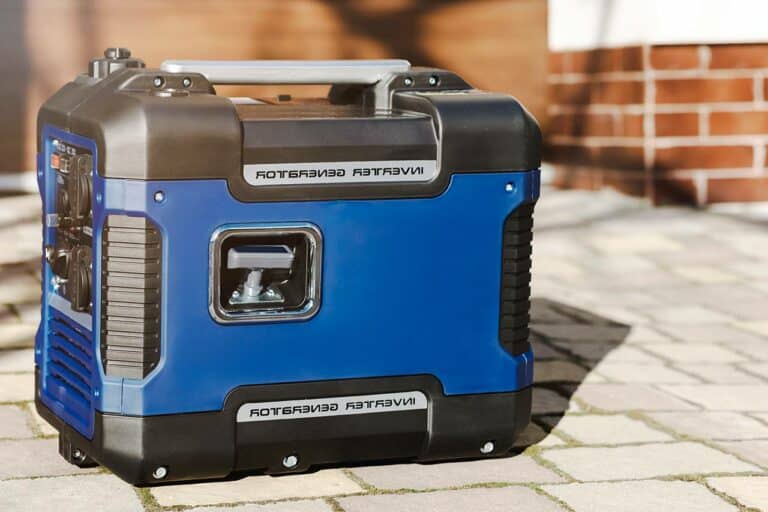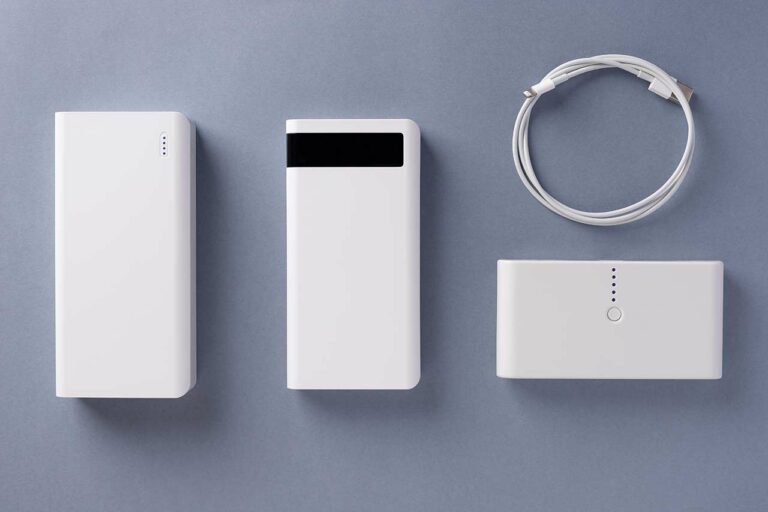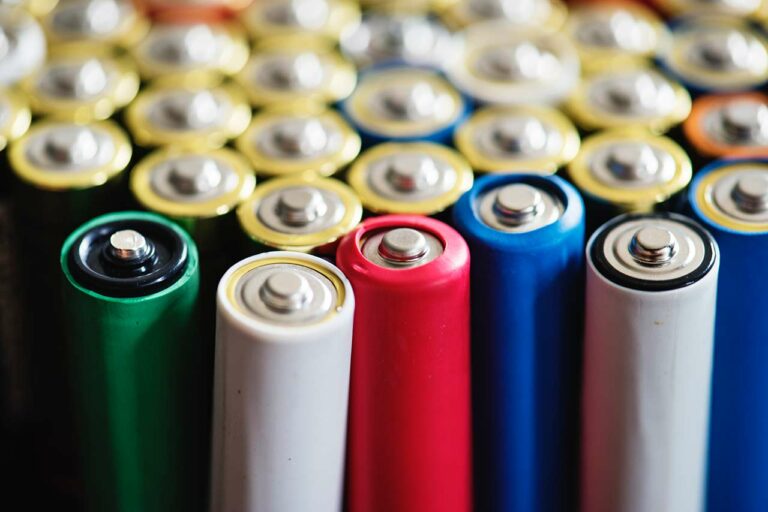How To Use Solar Panels During A Power Outage (Emergency Tips)
Solar panels can be real lifesavers during a power outage, providing a clean and renewable source of energy for your home. But, if you want to make solar an option when the grid goes down, you have to have the right setup in place in advance.
So, let’s talk solar, and how you’re going to get on good terms with it before you need it in a power outage.
Types of Solar Power Systems
When it comes to using solar energy during a power outage, it’s important to know the types of solar power systems you can install in your home. There are two main types of solar systems: grid-tied solar systems and off-grid solar systems.
Grid-Tied Solar System
A grid-tied solar system is the most common type of solar power system. It’s connected to the electrical grid, and any excess energy generated by your solar panels is sent back to that grid. This system often relies on a net metering agreement with your utility provider. The downside of a grid-tied system is that it’s dependent on the electrical grid, meaning that during a power outage, your solar panels will not provide electricity to your home unless you have a battery storage or a special inverter to isolate the system from the grid.
Off-Grid Solar System
An off-grid solar system operates independently from the electrical grid. This type of solar power system utilizes a battery bank to store the energy produced by your solar panels. When a power outage occurs, an off-grid system will seamlessly continue to provide electricity to your home, making it an excellent option for emergency preparedness.
Whether you have a grid-tied or off-grid solar system, it’s essential to understand how it functions during a power outage. Those with grid-tied systems will need to invest in a battery storage system or a special inverter to ensure their solar panels can be used during a power outage. For off-grid systems, proper maintenance of the battery bank and an understanding of the capacity of the system is crucial to ensure seamless energy supply during an emergency.
Usage of Solar Inverters in Solar Power Systems
When it comes to seamless energy supply with a solar system, inverters are your thing. These handy gadgets take the energy harnessed from the sun, and convert it into energy you can use with most household electronics.
What are Solar Inverters?
Solar inverters are components that convert direct current (DC) energy produced by solar panels into alternating current (AC) energy, which is safe for use in homes. Think of them as the bridge between your solar panels and your home’s electrical system.
Types of Solar Inverters
There are a few types of solar inverters to choose from:
- String Inverters: These inverters connect multiple solar panels in series, converting their combined DC energy into AC. They’re more common in residential settings.
- Microinverters: Installed on each solar panel individually, microinverters convert DC energy into AC directly at the source. This setup allows for more flexibility and better performance in systems with shading or varied panel orientations.
- Hybrid Inverters: These inverters integrate energy storage solutions, like batteries, into the solar power system. They can manage the flow of energy both to and from the grid and the battery.
Solar Inverters During Power Outages
During a power outage, grid-tied solar power systems are designed to shut down. This prevents “islanding” – essentially, your solar system can’t send energy back to the grid and risk endangering utility workers. However, with a special inverter or battery storage system, it’s possible to continue using solar energy during an outage.
For this setup, you’ll need:
- Battery Storage: A battery storage system stores excess solar energy and allows you to use it during a power outage.
- Island-capable Inverter: Islanding-capable inverters are designed to detect power outages and switch your system into an “island mode,” disconnected from the grid. This enables your solar power system to continue providing energy to essential devices in your home.
Remember, always prioritize safety during power outages, and consult an expert when choosing and installing solar inverters and backup systems in your home.
Benefits of Solar Power During Power Outages
When it comes to blackouts, solar power has a lot of advantages over other alternate power sources.
Solar power systems provide an eco-friendly alternative to conventional backup power solutions like diesel generators. Instead of burning fossil fuels, you’re harnessing the clean energy of the sun – reducing your carbon footprint while still keeping your essentials running. Being eco-friendly may seem less important when the power is out, but, given the impact of pollution on weather patterns, using a green option here can actually help reduce the potential for more power outages over time.
Solar power can also be a cost-effective option in the long run. Although the initial investment for a solar generator or solar-panel-and-battery setup may seem high, solar systems have much lower operation costs. Add that to the fact solar equipment has become more affordable, and it’s a far more accessible option for average households.
When the power grid goes down, a solar backup system can keep the electricity flowing to your essential appliances. Think about your refrigerator, lights, charging stations for devices, and medical equipment – all critical to maintaining daily life operations during a power outage. Solar power helps you stay connected, informs you about current situations, and ensures your safety by powering essential devices. It can also prevent food spoilage during a blackout, which adds to the savings.
Whether you have a whole-house solar system with backup battery storage, or a solar generator, it’s crucial to have a system that can provide your home with enough energy during an outage. With the right setup, you’ll be able to power essential appliances and keep your home running smoothly, even when the lights go out in the neighborhood.
Just remember, if you’re on the grid, you need to have a way to break free of it during a power outage. That way, your solar power is still working for you, even in a blackout.
